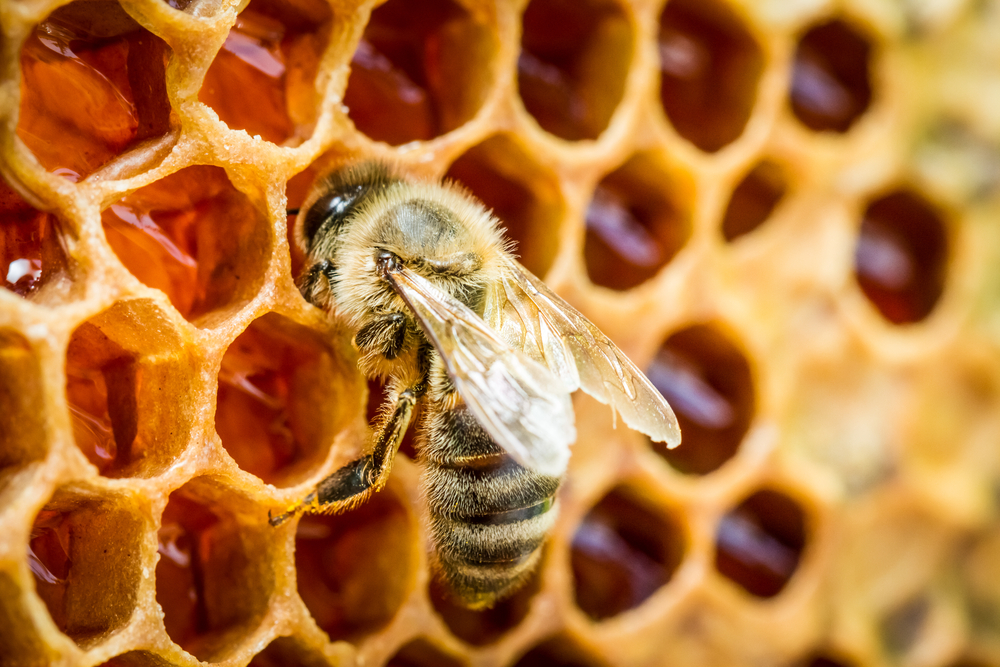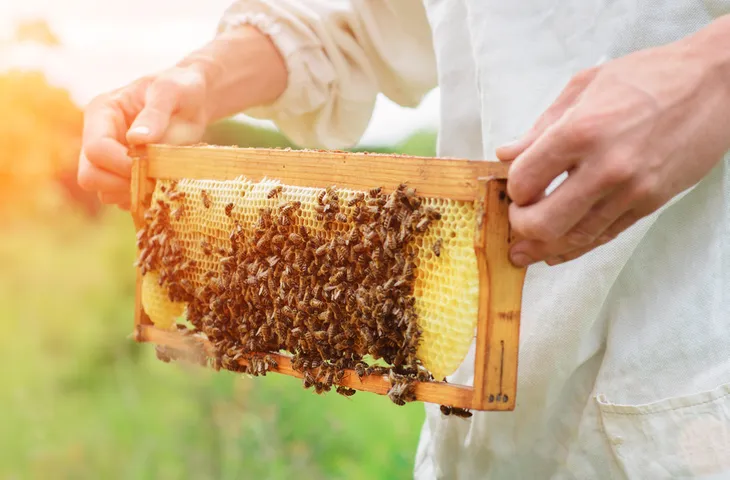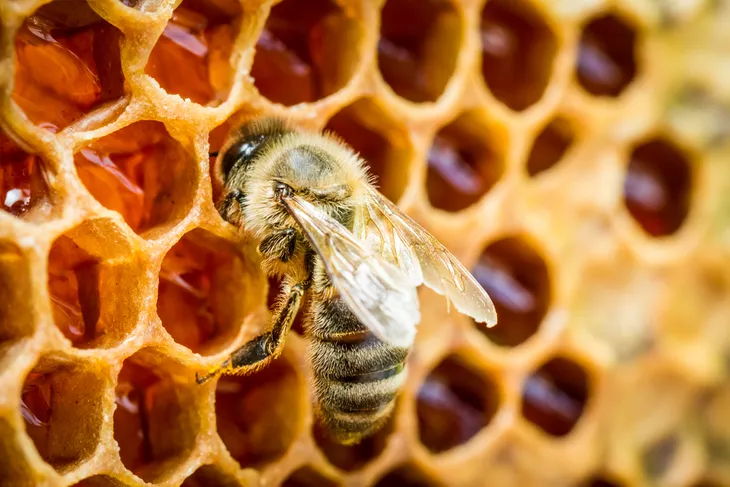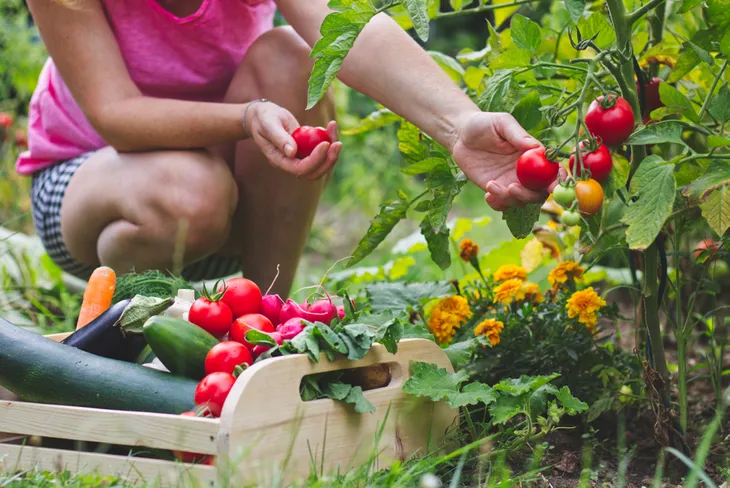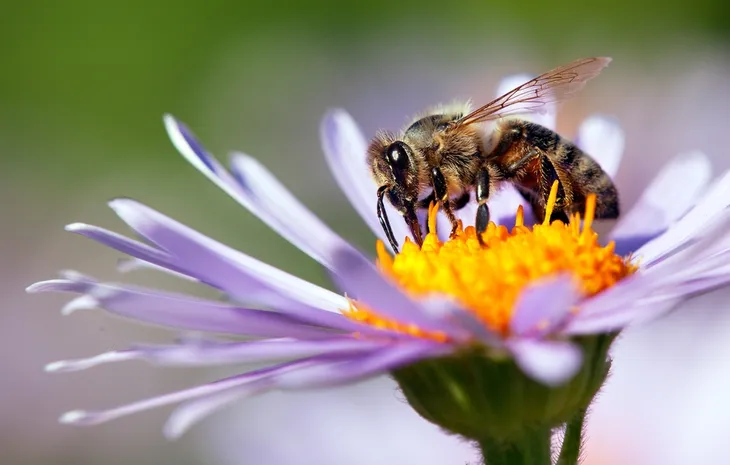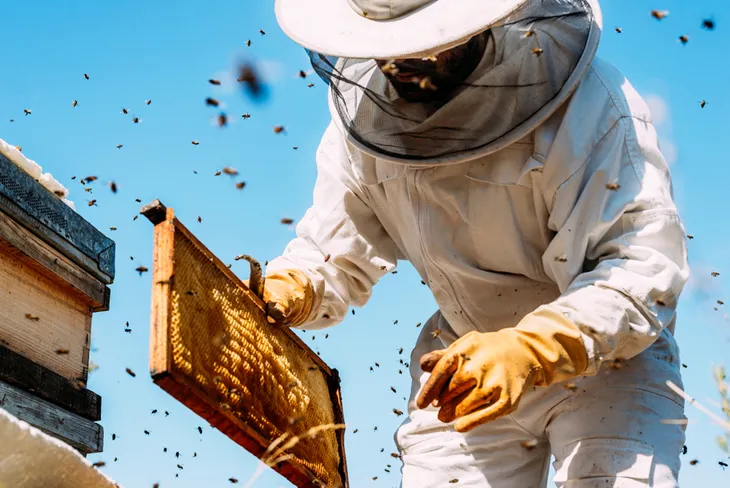If you listen or read the news, you’ve heard that honeybees are dying at an alarming rate worldwide. In fact, 2015 data taken from the University of Maryland (and published in ScienceDaily.com), reports a 44-percent loss of honeybees in the U.S., and more than 45-percent honeybee loss in other parts of the world. As environmental scientists try to pinpoint the issue, agriculturalists point to impacts of a world without bees and what that means for the future of food and health…
Colony Collapse Disorder
According to an article in Time Magazine, bees started dying off at an alarming rate sometime in the early 1990s. That’s when beekeepers began to report bees evacuating their hives at alarming rates for mysterious reasons. Beekeepers also noted a significant decrease in honeybee colonies during this same time.
But the media didn’t start “buzzing” about the loss of our smallest and most relied upon farm workers until about spring 2013, when a 45-percent bee colony loss was linked to colony collapse disorder (CDC), which is when most of the worker bees in a colony virtually up and disappear.
What’s Causing Mass Bee Disappearance?
Research from the Agricultural Research Service (ARS), the USDA’s in-house scientific research agency, points to the “sub-lethal exposure to pesticides” as the major source of bee disappearance. Reason being, these harsh chemicals kill insects, including pollinators, like the honeybee.
The increase in insecticide use in the environment, and particularly in cropland areas, is believed to be the main culprit for honeybee decline. Pesticides, known as neonicotinoids (i.e., imidacloprid, clothianidin, and thiamethoxam) have been linked to CDC and/or killing honey bees even when exposure is below approved doses.
How do Pesticides Affect Bees?
Widespread environmental chemicals, like neonicotinoids, impact the honeybee in very dangerous and even fatal ways, both mentally and physically.
According to research from Yale University, pesticides are suspected of playing a major factor in colony collapse disorder (CDC). Neonicotinoid exposure can also result in bees losing the power to identify flowers for pollination. Pesticides can also cause bees to become disoriented and unable to find their way back to hives.
How Does This Impact Our Food?
Research from this BusinessInsider.com article indicates that as humans we depend on the work honeybees do more than you might realize. For instance, roughly one third of the food we consume grows thanks to the pollination of honeybees.
For instance, the growth of numerous fruits and vegetable crops, not to mention fresh herbs (spices), nuts, and edible oils all depend on the pollination of honeybees.
Plant a Bee-Friendly Garden
Carlen Jupe, secretary and treasurer for the California State Beekeepers Association, warns that “If something is not done to improve honeybee health, then most of the interesting food we eat is going to be unavailable.”
For example, the Mother Nature Network recommends planting a garden filled with pollen-friendly flowers, herbs, and trees to support various bees. Look to bee-friendly plants that are easy to grow, such as tulips, orange trees, clover, lavender, sage, alfalfa, salvia, oregano, echinacea, buttercup, goldenrod, ironweed, yarrow, yellow hyssop, honeywort, dragonhead, bee balm, and English thyme. And don’t forget to use only organic pest deterrents.
Support Local Beekeepers
If you can’t keep your own bee habitat, support your local beekeepers by buying and eating local honey and honey-infused products (i.e., honeycomb, beeswax candles, etc.). You’ll find a local beekeeper or farmer selling honey at local farmers markets.
Many local beekeepers also offer tours of their hive operations, or hands-on workshops for those interested in learning to safely keep their own bees (of course, you’ll have to check with your city bylaw), but many beekeepers or farms will let you keep your bees on their rural properties if you just ask.
